Tv is chewing gum for the eyes
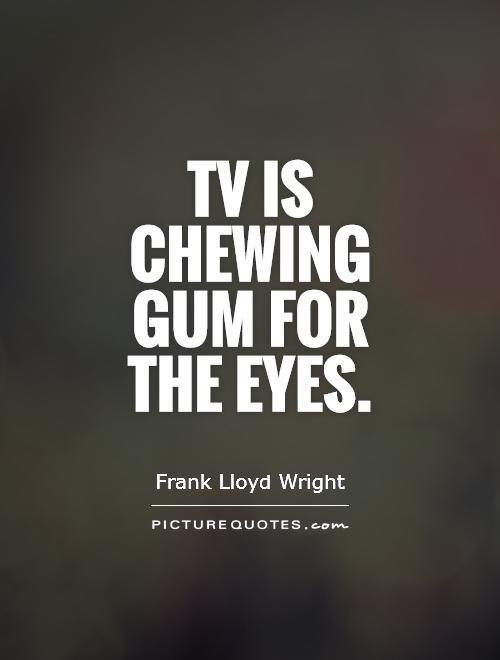
Tv is chewing gum for the eyes
Frank Lloyd Wright, the renowned American architect, once famously said that "television is chewing gum for the eyes." This statement, made in the mid-20th century, reflects Wright's disdain for the medium of television and his belief that it was a mindless form of entertainment that dulled the senses and distracted people from more meaningful pursuits.Wright was known for his innovative and visionary approach to architecture, creating buildings that were both functional and beautiful. He believed in the power of design to enhance the human experience and saw television as a threat to this philosophy. In his view, television was a passive form of entertainment that encouraged passivity and conformity, rather than creativity and critical thinking.
Wright's comparison of television to chewing gum is particularly apt, as both are forms of consumption that provide temporary pleasure but ultimately lack substance. Chewing gum is a mindless activity that occupies the mouth and distracts the mind, much like television can occupy the eyes and distract the brain. Both can be addictive and habit-forming, leading to a cycle of consumption that offers little in the way of intellectual or emotional nourishment.
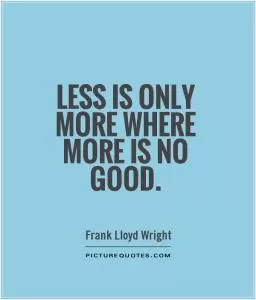




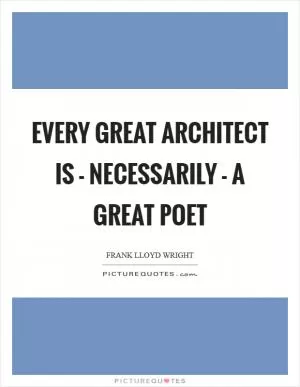
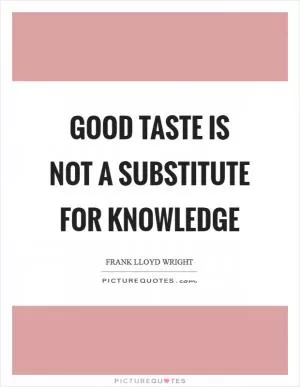
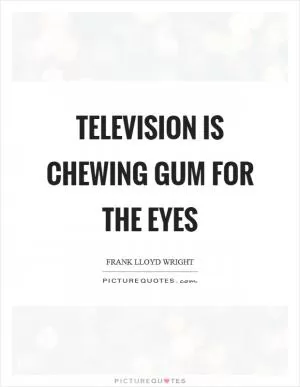
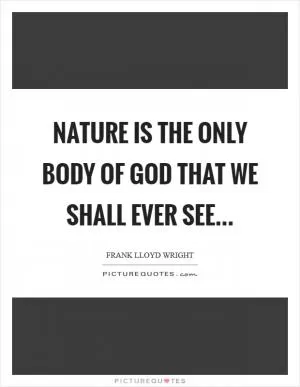
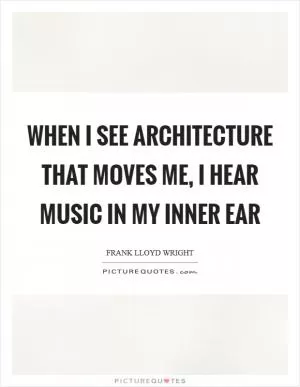
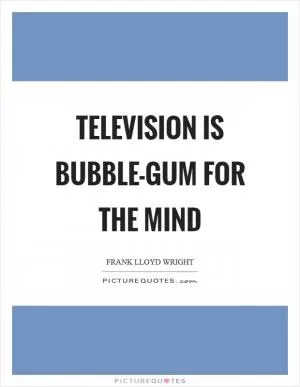

 Friendship Quotes
Friendship Quotes Love Quotes
Love Quotes Life Quotes
Life Quotes Funny Quotes
Funny Quotes Motivational Quotes
Motivational Quotes Inspirational Quotes
Inspirational Quotes